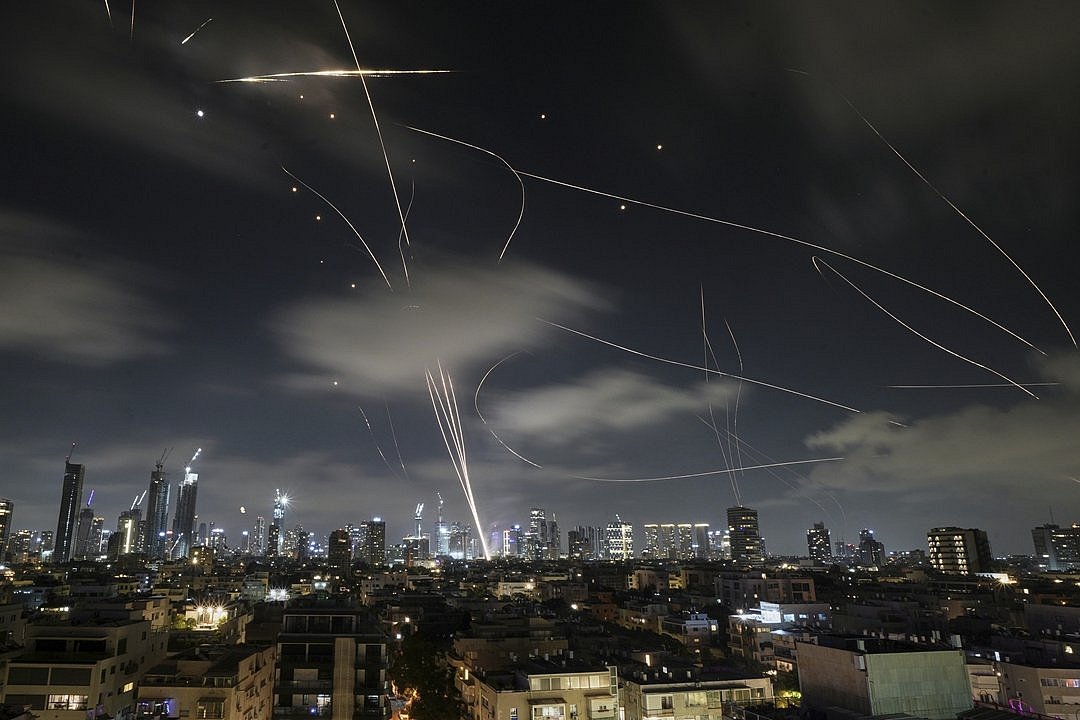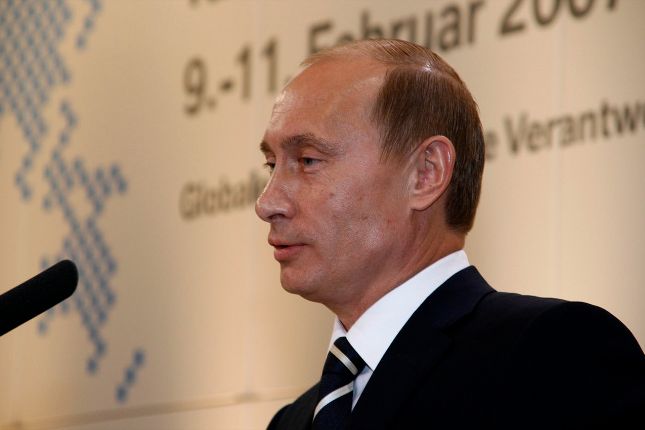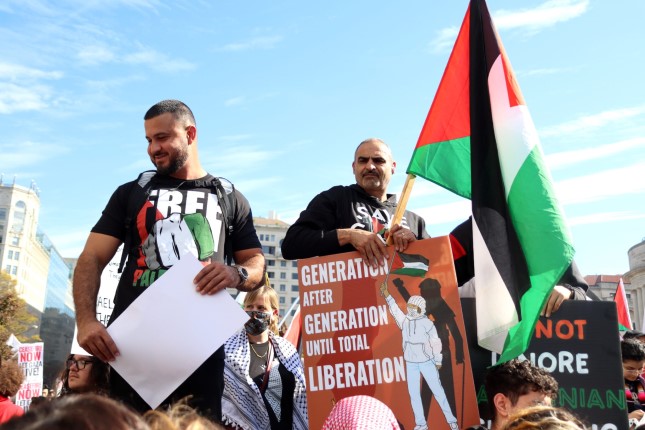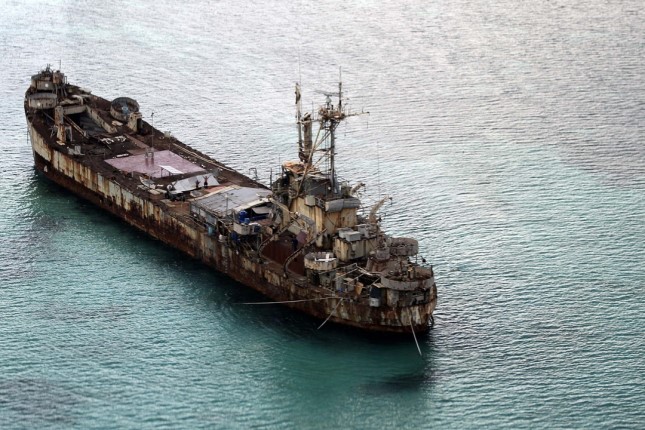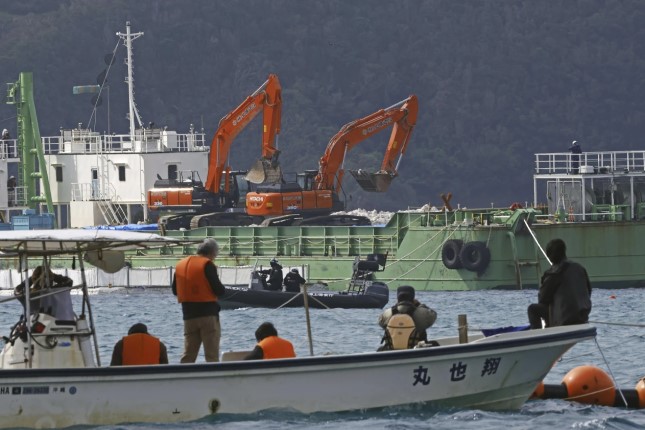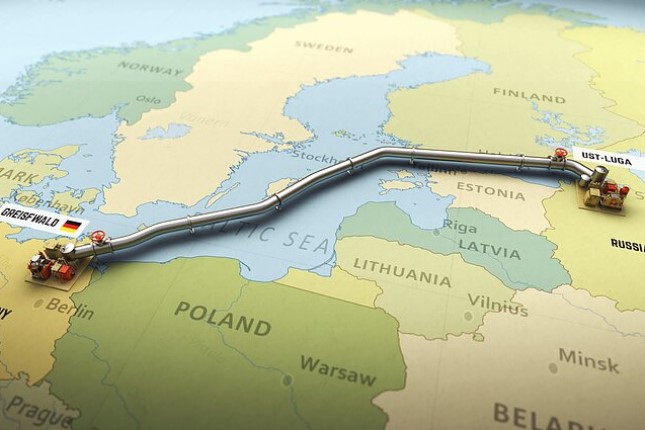Both sides of the conflicting parties have upgraded the military operation on Wednesday, according to multiple media reports. Israel's defense forces said they launched a fresh wave of strikes on Tehran in the early hours of Wednesday morning, warning residents in parts of the city to urgently evacuate. Iran's Revolutionary Guard Corps said the same day that hypersonic missiles were used during the latest attack on Israel, according to The Guardian.
The International Atomic Energy Agency on Wednesday posted on X/Twitter that it "has information that two centrifuge production facilities in Iran, the TESA Karaj workshop and the Tehran Research Center, were hit. Both sites were previously under IAEA monitoring and verification as part of the JCPOA," referring to the 2015 nuclear deal, Jerusalem Post reported Wednesday.
Iran's Supreme Leader Ali Khamenei said in a statement read by a television presenter on Wednesday that his country will not accept US President Donald Trump's call for an unconditional surrender, the Jerusalem Post reported.
Khamenei said the Americans, and those familiar with the politics of this region, know that the US involvement in this matter will be entirely to its detriment and it will suffer a blow," BBC reported, citing Iran state TV.
Prior to Khamenei's posts, Trump wrote in a post on Truth Social on Tuesday local time that the US knows the location of Iran's supreme leader Khamenei. He added that the US is not going to kill Khamenei "at least not for now." And in another post, he wrote "unconditional surrender" with all letters capitalized.
Trump met with senior officials in the White House Situation Room for about an hour and a half to discuss the war as Israel and Iran continue to trade strikes, multiple US media including CBS and ABC News reported.
When asked for China's comment on threats targeting sovereign states or their leaders, Foreign Ministry spokesperson Guo Jiakun said that China is deeply worried about the ongoing situation between Israel and Iran and has expressed concerns on that. We oppose any move that violates the purposes and principles of the UN Charter and a country's sovereignty, security and territorial integrity. Further escalation in the Middle East serves no one's interests.
The country with special influence on Israel in particular needs to maintain a fair and objective position, take up due responsibility and play a positive and constructive role for deescalation and preventing further spread of the conflict, Guo said.
In the past two days, there appears to be some changes in both US President's rhetoric and US actions regarding the conflict. President Trump's stance has moved from vague calls for negotiation to a noticeably tougher tone toward Tehran, Liu Zhongmin, a professor from the Middle East Studies Institute of Shanghai International Studies University, told the Global Times.
Meanwhile, the US is reportedly adjusting its military posture, applying maximum diplomatic pressure while creating military deterrence, said Liu.
In a report on Tuesday, citing two officials, CNN claimed that Trump is "growing increasingly warm to using US military assets to strike Iranian nuclear facilities and souring on the idea of a diplomatic solution to end the conflict between Iran and Israel."
Additional US fighter jets and refueling tankers have been deployed to the region. Also, on Wednesday, the Associated Press reported that "the USS Carl Vinson aircraft carrier is in the Arabian Sea with the four warships in its strike group.''
If the US launches direct strike against Iran, it would lead to serious consequences, Sun Degang, director of the Center for Middle Eastern Studies at Fudan University, told the Global Times. Sun noted that the current posture could be more about strategic and psychological deterrence. If pushed to the brink, Iran has options to retaliate, such as blocking the Strait of Hormuz or striking US bases in the Gulf - outcomes that would be difficult for Washington to manage, said Sun.
Unfolding situation
Up till now, with the active assistance and support of nearby countries, our Ministry and the Chinese embassy and consulate in Iran have organized and coordinated the evacuation of 791 Chinese citizens from Iran to safety. Another 1,000-plus people are still being relocated and evacuated, spokesperson Guo Jiakun told a press conference on Wednesday.
Our embassies and consulates in neighboring countries, including Azerbaijan and Turkmenistan, have sent working groups to border entry and exit points to assist our fellow nationals in passing through the border and traveling back home. Some Chinese nationals have already been safely evacuated from Israel, Guo said.
We appreciate relevant countries' support and assistance. Our Ministry and diplomatic and consular missions will continue to do everything possible to help our fellow nationals move to safety and evacuate, the spokesperson said.
How the regional situation unfolds will largely depend on US actions. Both Israel and Iran are locked in an uncompromising fight, and the current conflict is closely tied to Washington's chaotic Middle East policy, especially its failure to rein in Israel, said some Chinese analysts.
If the US continues to escalate pressure on Iran, it may further fuel the confrontation and increase the risk of being drawn into the conflict - something Israel is encouraging, said Liu, adding that the US government's inconsistent policy not only weakens crisis management but also heightens risks for the US itself.
"The risk of escalation is rising, mainly due to uncertainties - will Israel target Iran's nuclear facilities or leadership, will the US intervene, and could Iranian attacks cause major casualties?" said Sun, noting that if Washington steps in, Iran's retaliation could quickly expand, raising the risk of a broader regional war.
Source: Global Times.
